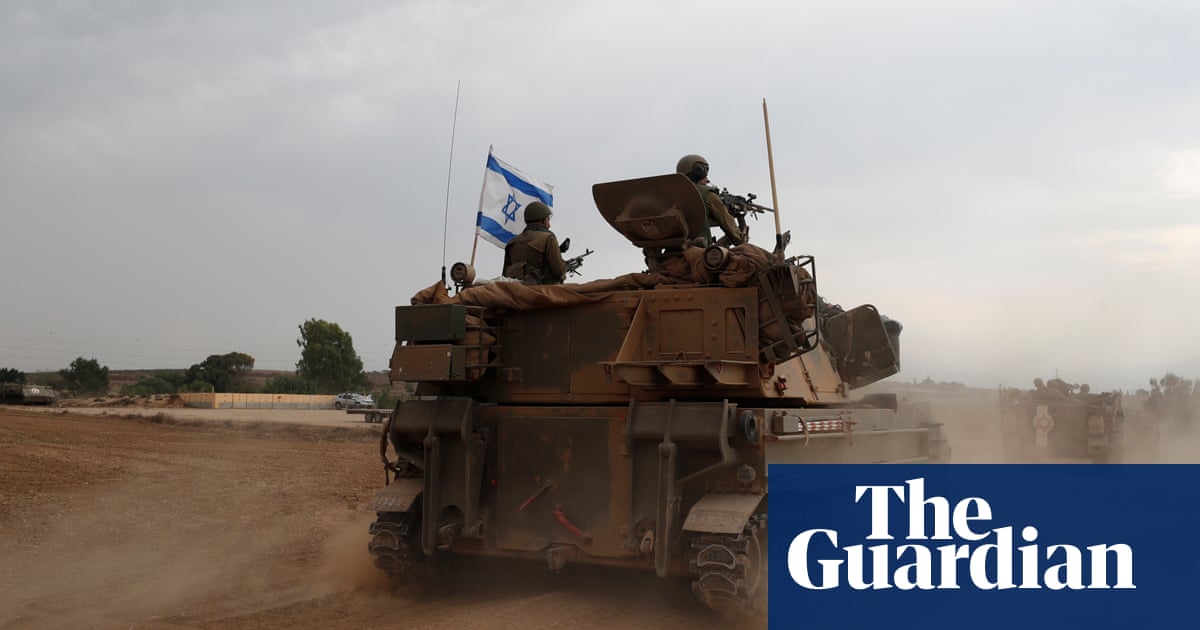
In the past few years, domestic politics have played a significant role in shaping Turkey’s foreign policy and its relations with regional and international actors, particularly the six-year election era, during which Turkish politicians and the public became exhausted. This affected the decision-making process, the rhetoric of politicians, and perceptions in Turkey.
Now that the “never-ending election era” has come to an end and a four-year “election-free era” has begun, the new era can focus on internal and external normalization efforts. Those efforts began this week.
Turkish President Recep Tayyip Erdogan is planning to enforce a 100-day domestic action plan, which is expected to cover complaints from the public about bureaucratic red tape and proposals from 16 ministries to enhance the new system. It has been reported that on July 11 Erdogan will convene the Central Decision and Management Board (MKYK) of the ruling Justice and Development Party (AKP). The meeting could be the first step toward changing the party’s organization after its failure in the Istanbul municipal elections. If the latest elections bring significant changes in domestic politics, how foreign policy will evolve during this era is harder to analyze. It is not easy to anticipate what Turkey’s moves will be in the regional and international sphere, but this year’s foreign policy agenda could provide some hints.
The past week was a busy one for the G20 leaders, among them Erdogan, who met in the Japanese port city of Osaka. Erdogan met his American, Russian and French counterparts Donald Trump, Vladimir Putin and Emmanuel Macron. He also held meetings with German Chancellor Angela Merkel and India’s Prime Minister Narendra Modi. After Japan, he visited China for bilateral meetings, along with an entourage of ministers and high-ranking officials such as intelligence chief Hakan Fidan. Turkey’s visit to China came amid talks of Ankara seeking to diversify its international alliances away from the US and the EU. It is not an overstatement to say that Turkey seeks Far East partners, among them China. Turkey supports the Belt and Road Initiative (BRI), along with its ambition to deepen economic and security cooperation with Beijing. Erdogan has said that “upon the return of our visit to Japan and China, we will have some good news for the economy.”
Hardly a day passes without news of tension between Turks and Syrians. Nobody argued that the Syrians’ integration and their acceptance by society would happen in a day, but there is a serious call for the Turkish government to form a sustainable refugee policy within the borders as soon as possible.
Sinem Cengiz
While Erdogan returned from China and Japan with a heavy diplomatic bag, his spokesperson Ibrahim Kalin announced on Thursday that Ankara will host a trilateral summit with Russia and Iran in August, as part of the Astana peace process for Syria. The Turkish leader will hold another summit with Russian, German and French leaders in two months.
Last year, the “Istanbul summit” brought the Turkish and Russian leaders together with the EU’s two most significant national leaders for the first time. Turkish decision-makers ended the year with a series of meetings regarding the solution for Syria. As I have argued previously, the Astana peace process, led by Turkey, Russia and Iran — who have different stakes regarding post-war Syria — could face difficulties when their interests conflict. Turkey’s observation posts in Syria’s northwestern province of Idlib have faced attacks by regime forces. Turkey is now hosting more than 4 million Syrian refugees, and if Idlib erupts — a nightmare scenario for Ankara — a further 1.5 to 3 million refugees will likely flee to Turkey.
The Syrian refugee issue and increasing tension regarding their presence in Turkey have opened a “Pandora’s box.” Hardly a day passes without news of tension between Turks and Syrians. Nobody argued that the Syrians’ integration and their acceptance by society would happen in a day, but there is a serious call for the Turkish government to form a sustainable refugee policy within the borders as soon as possible.
It is also reported that Trump is expected to pay a visit to Turkey this year. Syria, the Russian S-400 defense systems that Ankara has purchased and Turkey’s relations with NATO are likely to remain the topics of foreign policy in the near future. The tensions over gas drilling in the Eastern Mediterranean and its effect on Turkey’s relations with the EU will also continue to occupy the foreign policy agenda.
Traditionally, Turkish foreign policy has a rich history of diplomacy under very tense conditions. All these issues are both independent and integrated, and Turkey will need rational and balanced diplomacy to keep these issues on track in the coming era.












